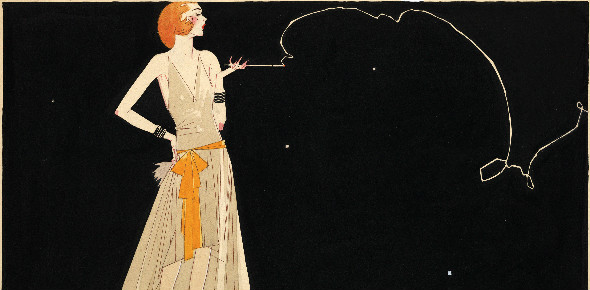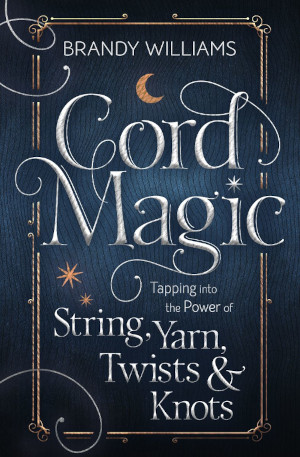
An important part of my work is standing up for human rights as described by the United Nations Declaration. In these times this means keeping up with the news, contacting lawmakers, and marching in the streets. It’s tiring work and we all need to take breaks to recharge and return to the fight. When I take a break I read novels about 1920s women detectives.
Georgie
Rhys Bowen’s Royal Spyness series is as refreshing as a sorbet. Lady Victoria Georgiana Charlotte Eugenie is a peniless royal, thirty fourth in line from the throne. When people die in her house, at country parties, in bookshops she is visiting – you get the picture – it falls to Georgie to figure out whodunit. She’s charming company. There are ten books in the series so far with the eleventh coming out this summer, and they don’t stray from the time between the wars.
Maisie
Maisie Dobbs is a thoughtful woman. The series picks up when she establishes an investigation service in London. Starting life in service she was given an education by her titled employer, so she speaks the language of all classes, although navigating her own place is a lifelong challenge.
Maisie is bright and insightful. She’s learned psychology at university and meditation from a private tutor. When studying a person she puts her body in their position to investigate how that makes her feel. She also has a bit of second sight and gleans clues from sitting with a body or in a private room. Each case reflects something in her own life – watching her growth is one of the joys of the series.
The world wars impact Maisie seriously, she was shellshocked as a nurse in the first and the second brings her personal tragedies as well. In our present time the last survivors of World War II are passing away and we are forgetting how severe those losses can be. Watching Maisie cope has lessons for our own time. The thirteenth novel was just published.
Phyrne
The Miss Fisher Mysteries are wildly entertaining. Phryne is an independently wealthy flapper living in Australia who investigates murders because she’s good at it. She’s James Bond as a woman: drives fast, flies airplanes, takes lovers whenever she wants. She’s seldom afraid and never needs rescuing. The only thing that has ever nearly broken her spirit was discovering the plight of pregnant Catholic girls in the laundries and realizing she couldn’t save them all. Kerry Greenwood keeps the series firmly in the pre-Depression period.
I’ve only watched Season One of the television series and didn’t actually watch the season finale. They’re gorgeously shot – they had a million dollars per episode and were able to recreate the costumes and look of the times. The earlier episodes are best, adapting the books for the one-hour format in understandable ways. They even kept some of her lovers in, although the writers did pencil out the love of her life because he’s married.
As the season went on the writers developed their own story lines and altered Phryne’s character. She started to simper more, asking the police detective for emotional support, which developed a romance in a typical television fashion. And she needed rescuing which Phryne should never do. The final reason I checked out was that they veered from the genre. The story arc which concluded with the final episode was suspense, not mystery. I’m a paperback bookstore owner and I know the difference. You may watch and enjoy the series, but if you haven’t read the books, you don’t know Phryne, and she’s a marvelous woman to know. There are twenty books in the series and I’m reading them all again.




